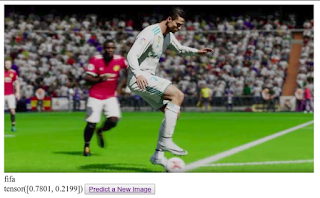A Letter To An Old Love
Maybe I'm over-romanticizing it, Maybe I'm not. Maybe we never know what we have until all we want is what we don't have Maybe we knew and maybe we loved it I don't miss you. I miss the idea of you. Maybe we can't ever go back to it Maybe someday we might choose not to I want our ground. And I want you there. I want it to rain a little, and then for it to stop. And for us to talk and not just speak. Of things that mean nothing, but mean everything to us. Maybe they weren't of any importance to anyone. Maybe we never cared. I might throw it all away once I have it again. Maybe you will do the same. All I want is to think out loud. And discover my thoughts all over again. Without you trying to convince me of anything. Without me trying to assert or force what I feel. It's surprised me every time I think of it. How you and I were the best at what we were. And then we were strangers. And how we still are. Love is transient and...








